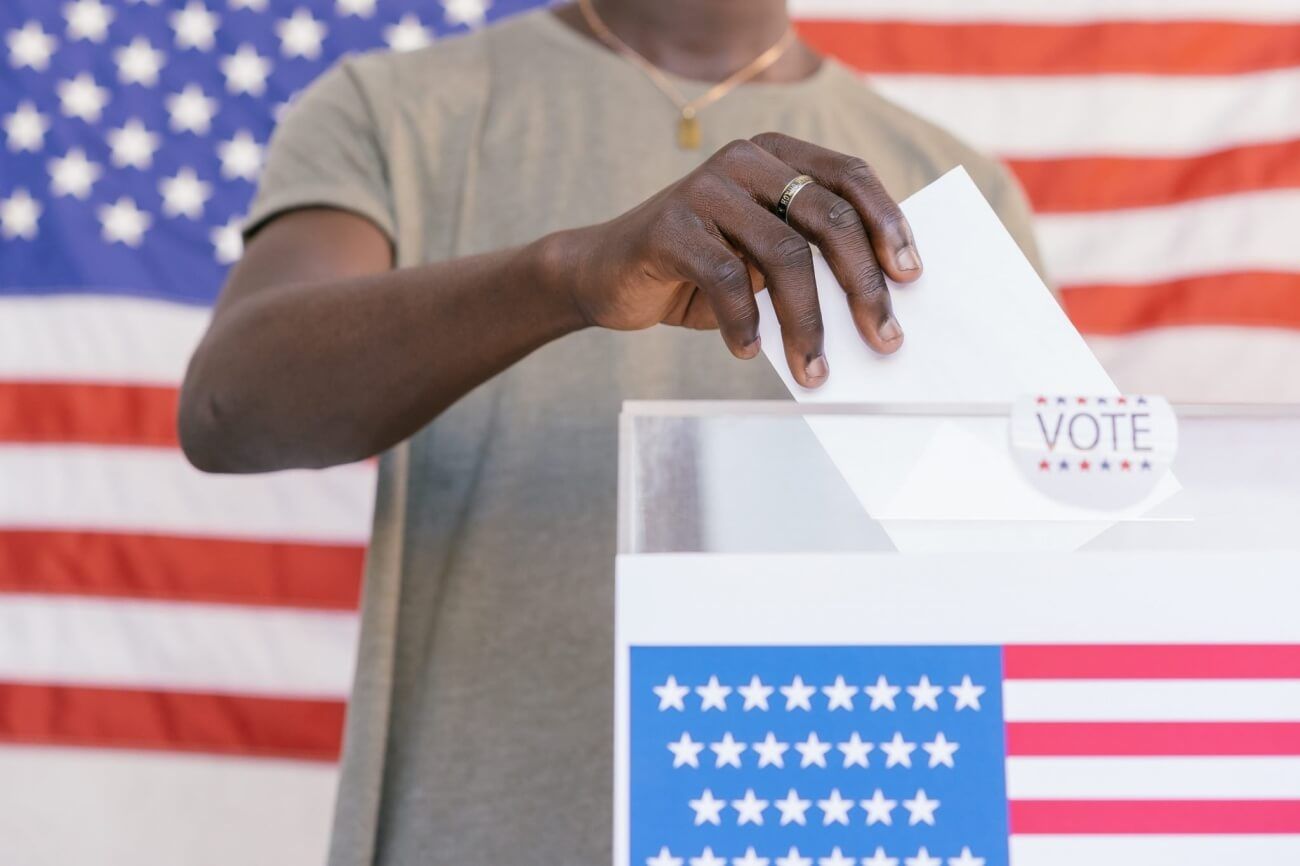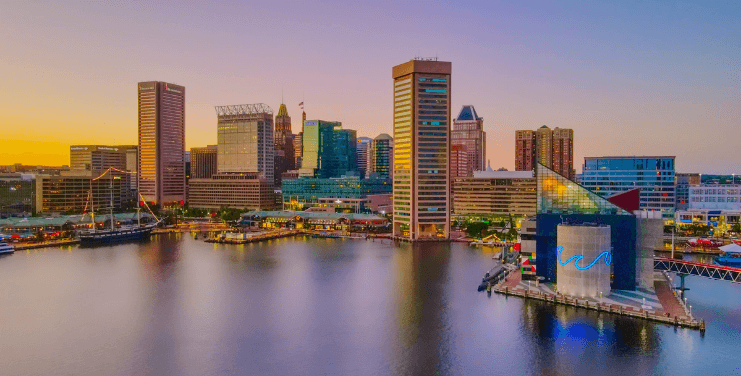KEY INSIGHTS
- New pro-voter legislation takes down the previous suppressive laws
- Business leaders protest suppressive voting laws
- Studies show that local governments can significantly improve small businesses
Between Presidential elections, increased pro-voter legislation combats the latest Republican-enacted voter restrictions. In August 2021, the House passed the H.R. 4 Bill, The John Lewis Voting Rights Advancement Act, to strengthen the Voting Rights Act of 1965. The law can prohibit future voter restrictions.
Voter-suppression laws have tested the contributions in racial and business equity of many states leaders and enterprises. Georgia’s Senate Bill 202, The Election Integrity Act of 2021, created an uncertain future for Black civic engagement. Critics have said the Act limits absentee voting for individuals and resources. Leaders from Columbus, Georgia, believe that the bill would damage small and Black-owned businesses.
“By a margin of more than two to one, voters agree that companies can’t afford to stay silent while states work to make it harder for people to vote. And though this sentiment cuts across demographic and party lines, we’re seeing this holds especially true for minorities and younger voters,” Ashley Spillane, founder of the Civic Responsibility Project, which works with companies to build civic engagement, told The Plug.”
“It is not pro-business if we take these kinds of actions and support Georgians of color and other people then you must not stand idly by as politicians launch these attacks,” State Senator Ed Harbison told WRBL News.
Virginia is combating similar voter restriction legalities. Virginia has worked for nearly 50 years to step away from the preclearance suppression of the VRA. In Section 4(b) of the VRA, jurisdictions were chosen for preclearance by the Section 5 requirements Voting Rights Act, Shelby County v. Holder, 133 S. Ct. 2612 (2013).
Virginia was the first southern state to pass its comprehensive voting rights law. The Voting Rights Act of Virginia calls for local election administrators to give feedback and improve the state attorney general’s changes on voting precincts. Before any locality in Virginia can change voting, it is analyzed for the impact on minorities.
The West Virginia Small Business For Democracy Coalition is a band of diverse small business owners coming together to encourage Senator Joe Manchin to vote in favor of the Senate Bill 1, For the People Act, which expands access to voter ballots in Black communities.
Larger national and multinational companies are also addressing voter rights. In July 2021, over 150 companies like Target and Amazon signed a letter to enhance the VRA by encouraging Congress to make pro-voter legislation. Several companies publicly opposed restrictive voter issues around the U.S. The letter came after many Texas Democrats went to Washington D.C. to stop a voter restriction law from being passed.
“As more Americans’ votes are counted, elected officials at the local, state, and federal levels start to look more like the citizens they represent. Elected bodies become less homogenous and more heterogeneous — more reflective of the racial mosaic that is America,” Renée McDonald Hutchins, University of District of Columbia David A. Clarke School of Law told The Plug.
These acts can open new opportunities to minorities in their pursuits of civic engagement.
“The Black Economic Alliance has been a strong voice in Texas, working with Fair Election Texas, a nonpartisan coalition of businesses — including Microsoft, Unilever and Levi Strauss — to pressure lawmakers to expand ballot access,” Spillane said.
Black leaders are currently still fighting future voting restrictions laws.
“The Brookings Institute also recently conducted a study linking particular pieces of legislation by the current administration and direct benefit to Black businesses,” Hutchins said.
The organization conducted a study detailing how local governments can assist small businesses to create extensive economic goals that will achieve more structured jobs and racial equality.
“As we are frequently reminded, elections have consequences, and those consequences impact businesses just as much as they impact other parts of American life,” Hutchins said.








